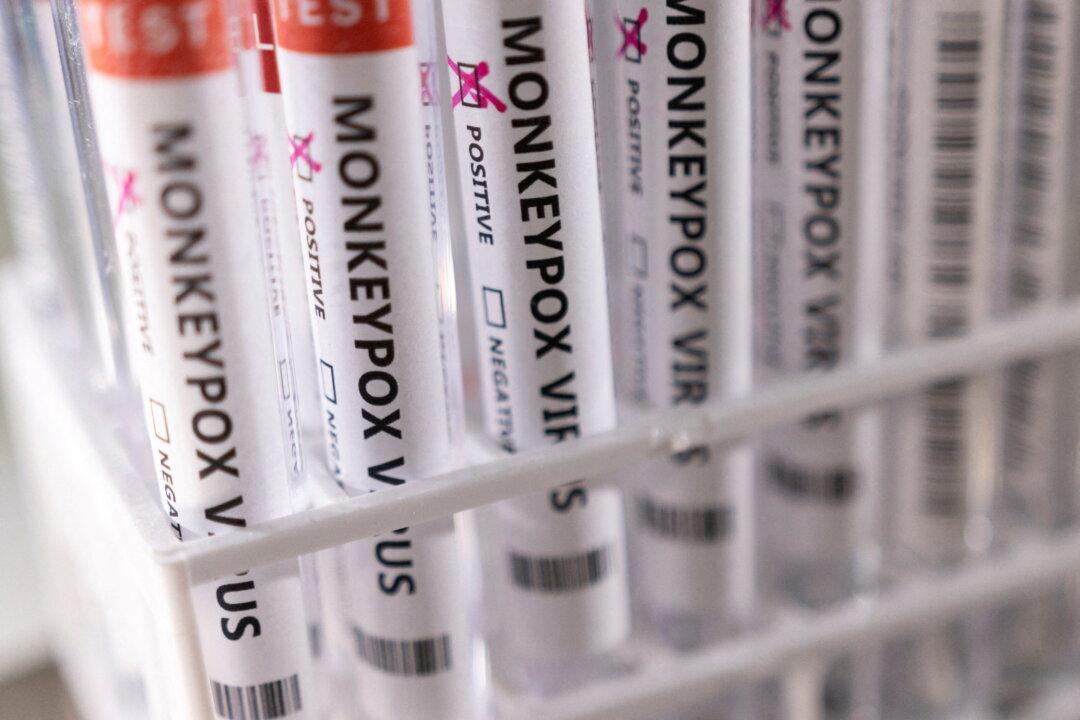SAN DIEGO—Following the state’s lead, San Diego County leaders and public health officials declared a state of emergency Aug. 2 in response to the monkeypox outbreak in an attempt to bolster vaccination efforts.
The local health emergency must be ratified in seven days by the County Board of Supervisors, and then will need to be ratified again every 30 days, as needed. Beginning Aug. 3, the county will update the number of infections daily.





